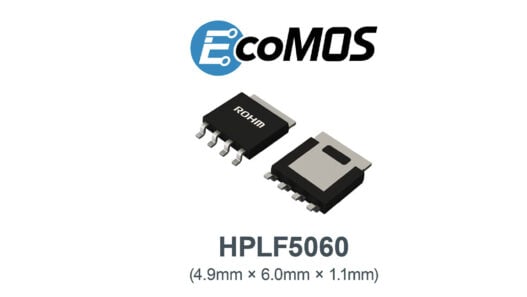The successful contender in the competition will receive a combination of funding and technical assistance from ESA but will be required to manage the capsule as a commercial enterprise. This means the company will need to contribute to the capsule’s development costs and subsequently offer the resupply service to ESA as a commercial transaction, with ESA acting as the main client.
Should the project prove fruitful, there is potential for the winning company to enhance the capsule for astronaut transport into orbit, maintaining the commercial service framework. “We will design [the capsule] in a manner that allows for future evolution, potentially transforming it into a crew vehicle if the member states decide,” stated ESA’s Director-General Josef Aschbacher. He also suggested the capsule could be adapted for missions to other destinations, including the Moon.
To kickstart this initiative, ESA has established a dedicated team with a preliminary budget of €75 million to begin the competition. Member states expressed their strong support for this model during a conference in Seville, Spain, on Monday.
ESA’s new competitive procurement strategy draws inspiration from NASA’s successful model, which transitioned from owning and operating its space vehicles to nurturing new market providers with fixed-price contracts and incentivising milestones. This approach enabled SpaceX to become a leading service provider to NASA for ISS transportation and scientific missions.
Anna Christmann, leading aerospace policy for the German government, highlighted the transformative nature of ESA’s strategy, emphasising the role of public funds in catalysing private investment in space technology. She pointed out Europe’s objective to bolster private investment to match its public spending in space.
There are already several European startups, like The Exploration Company and Rocket Factory Augsburg, that may be interested in submitting their designs for the capsule.
The Exploration Company have submitted its Nyx Capsule for the running, which you can view here:
Long-term, ESA member states are also planning to apply this commercial procurement model to rockets. With the current challenges facing Europe’s launcher program, including the delayed Ariane-6 and the grounded Vega-C rockets, ESA is seeking to avoid future setbacks by shifting to a service-based procurement that reduces taxpayer liability.
Dr Aschbacher confirmed the unanimous agreement of all 22 ESA member states on the necessity of altering future launcher procurement strategies.
The Seville summit also led to decisions aimed at enhancing satellite contributions to Europe’s net-zero ambitions, such as improving air traffic routes to reduce greenhouse gas emissions.
Moreover, ESA has introduced the Zero Debris Charter to promote responsible behaviour in space by reducing leftover debris that could endanger active missions.
In the UK a new regulatory framework will be introduced to encourage responsible space operations, including incentives for operators who minimise space debris, as explained by UK science minister George Freeman. He stated that compliant operators would benefit from expedited licensing, better insurance terms, and improved access to financing.







